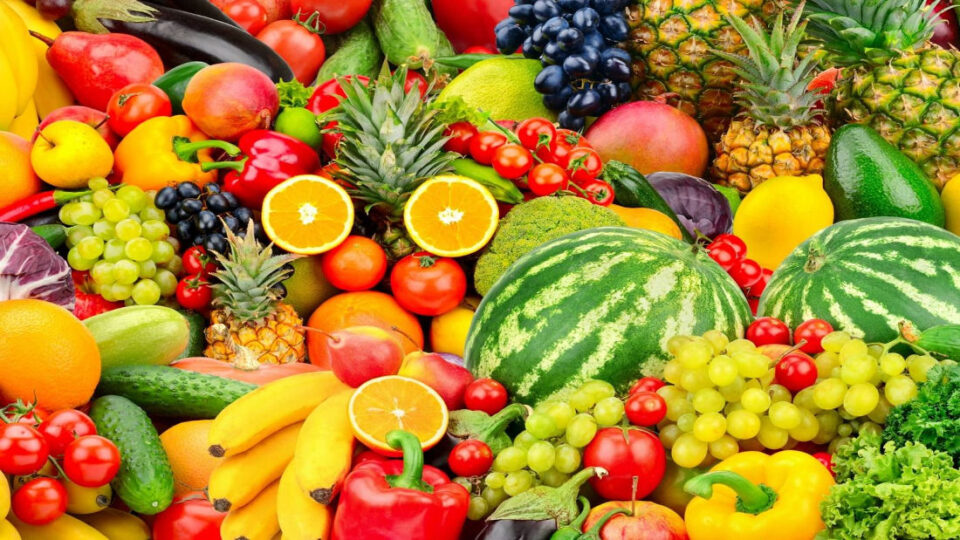South Africa’s agricultural industry has received a significant boost with a promising signal from China — a move that could open one of the world’s largest consumer markets to a broader range of South African farm exports.
In a recent social media post, Chinese Ambassador to South Africa, Wu Peng, revealed he had held a “very fruitful” meeting with Dr. Boitshoko Ntshabele, CEO of the Citrus Growers’ Association of Southern Africa, and Fhumulani Ratshitanga, CEO of Fruit SA. The ambassador expressed China’s desire to deepen trade ties and import more South African agricultural and industrial goods.
“In this turbulent world caused by trade protectionism, China and South Africa need to strengthen our bilateral trade and economic cooperation,” Wu wrote. “The Chinese government welcomes more South African agricultural and industrial products to enter the huge Chinese market.”
A Game-Changer for South African Agriculture
The announcement was met with enthusiasm by both the Department of Agriculture and leading economists, who see China’s invitation as a strategic breakthrough for the local farming sector. The opportunity is particularly significant for citrus, wine, nuts, maize, wool, red meat, and soya bean producers, many of whom are actively seeking to diversify export markets amid global uncertainty.
Wandile Sihlobo, Chief Economist at Agbiz, stressed the importance of the message:
“Chinese officials’ statements should always be taken seriously, especially on trade. This is a clear sign that South Africa has a role to play in China’s efforts to diversify its agricultural imports.”
While China accounted for 11% of global agricultural imports in 2023, South Africa’s share remains marginal at just 0.4%. Sihlobo noted that a concerted national effort could turn that around — especially if South Africa works with China to reduce tariffs and resolve phytosanitary restrictions.
Strategic Export Expansion: What’s at Stake for Farmers?
For South African farmers, this is more than just a diplomatic gesture. It represents a potential surge in demand for high-value crops and livestock products — with ripple effects across rural employment, agribusiness development, and foreign earnings.
The citrus industry, already one of South Africa’s top agricultural export earners, stands to benefit significantly if access is widened and transit times to Chinese ports are reduced. The fruit, wine, and nut sectors are also well-positioned to meet growing Chinese consumer demand for premium, traceable, and sustainably produced goods.
But challenges remain. South Africa must address technical trade barriers, improve traceability systems, and increase compliance with China’s phytosanitary standards. For smallholder farmers and emerging exporters, support will be needed to meet certification requirements and secure market access.
Government and Industry Response
The Department of Agriculture welcomed Ambassador Wu’s remarks, describing them as a positive development for rural development and export-led growth. Industry leaders have echoed that optimism.
“This is an opportunity to boost rural economies, create jobs, and grow our agricultural export sector,” said Izaak Breitenbach, CEO of the South African Poultry Association. “But it will require time, effort, and clear policy action.”
Next Steps: From Potential to Practice
Economists say the next step is for South Africa to engage China with a strategic export portfolio and initiate formal talks to remove market barriers.
“This is an opening we cannot afford to miss,” said Sihlobo. “We must approach China with a clear plan — one that aligns our export strengths with their import needs.”
With global trade patterns shifting and China looking to reduce dependence on long-time suppliers, South African agriculture has a window of opportunity to become a trusted source of high-quality, reliable farm products. Realising that potential will depend on how fast the sector — and the state — can mobilise.


